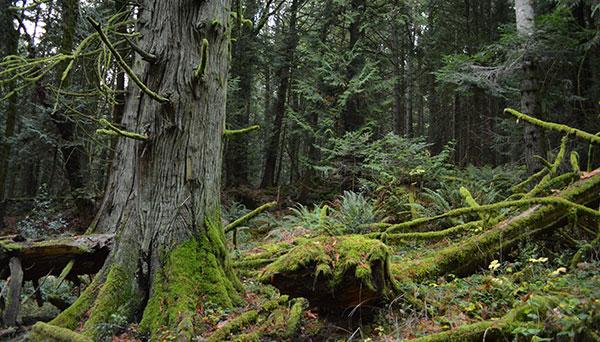Modelización y evaluación integradas de la dinámica del carbono forestal y las opciones de mitigación del cambio climático en América del Norte
Situación actual: Concluido
Plan Operativo: 2013-2014
Los bosques contribuyen de manera importante al ciclo mundial del carbono: pueden ser fuentes o sumideros netos de gases de efecto invernadero, dependiendo del uso del suelo, su gestión y los efectos de factores de perturbación (incendios forestales, por ejemplo).
Este proyecto generará mapas, datos y modelos computarizados que nos permitirán conocer mejor la función que desempeñan la cubierta superficial, los cambios en la cobertura del suelo y la silvicultura en el ciclo del carbono en América del Norte, así como identificar oportunidades para mejorar la ordenación de tierras y realizar actividades de mitigación del cambio climático.

Principales logros
- Advancement of methods for monitoring and reporting forest sector greenhouse gas emissions and removal estimates
- Development of a set of continental land-cover change products
- First study to show that increasing the spatial resolution of remote sensing products improves the ability to detect changes in tropical regions where small plots of land undergo change
Productos
- Summary report entitled: Integrated Modeling and Assessment of North American Forest Carbon Dynamics: Tools for Monitoring, Reporting and Projecting Forest Greenhouse Gas Emissions and Removals
- Four research projects:
- Estimating North American forest carbon budgets: development and testing of computational tools and modeling approaches
- Estimating carbon dynamics and potential impacts of climate change and disturbances on carbon sequestration in the North American forests using process models: model evaluation and case study
- Remote sensing observations of forest disturbances and their impact on forest carbon dynamics
- Assessment of data sets and change detection approaches for forest carbon mapping in the Yucatán peninsula
- Land cover 2010 and land-cover change 2005–2010 maps and associated data

